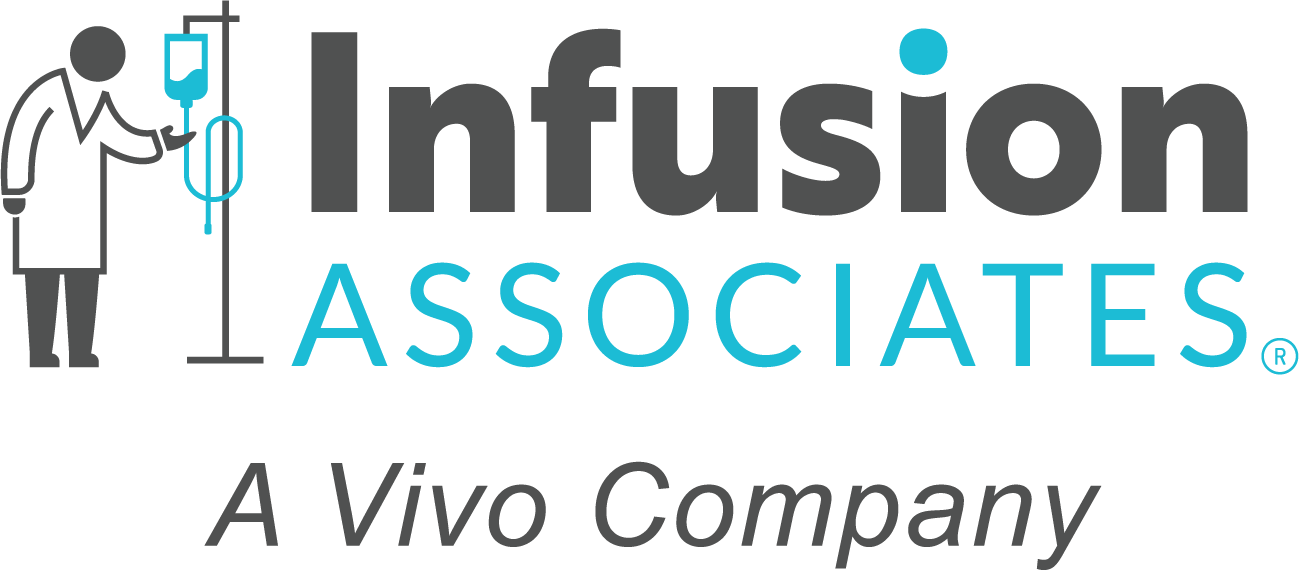As you get older, chronic conditions or your genetic makeup can cause inflammation and your joints to stiffen. This is known as arthritis, and it impacts 23% of adults in the US. While there are different types of arthritis, rheumatoid arthritis is one of the most common. But, RA doesn’t impact joints alone. It can also affect your skin, eyes, lungs, heart, and blood vessels. That’s why it’s important to find a solution that relieves your symptoms — such as biological therapy treatment.
What is rheumatoid arthritis?
Rheumatoid arthritis (RA) is a chronic inflammatory condition that damages the lining of your joints. Your immune system attacks your body’s tissues — causing inflammation and painful swelling of the joints and other body parts. It can also lead to bone erosion and joint deformity.
Treatment Options for Rheumatoid Arthritis
Rheumatoid arthritis has no cure, but there are treatment options that can provide relief for debilitating pain and other symptoms. The most common treatment is medications, including:
- NSAIDs — whether over-the-counter or prescription, nonsteroidal anti-inflammatory drugs relieve pain and reduce inflammation
- Steroids — to reduce inflammation and pain and slow joint damage
- Disease-modifying antirheumatic drugs (DMARDs) — to slow the progression of rheumatoid arthritis and save the joints and other tissues from permanent damage
In addition to medications, your doctor may suggest occupational therapy to help relieve stiffness with daily exercises. And, if your condition is severe, surgery may also be an option — including synovectomy, tendon repair, joint fusion, or total joint replacement.
Another option for rheumatoid arthritis is biologic treatment. Biological treatment uses a newer case of DMARDs called biologic response modifiers to slow the progression and prevent permanent damage. It’s administered using IV therapy.
What is biological treatment?
Biological therapy treatment is a medication administered using an IV. It’s the ideal solution for those who have issues taking medications orally or haven’t had the best results from medications and other treatments but don’t want to risk surgery. Biological therapy treatment targets the parts of the immune system that are triggering inflammation causing joint and tissue damage. The most common biologic agents include:
- ACTEMRA® (tocilizumab)
- CIMZIA® (certolizumab pegol)
- ORENCIA® (abatacept)
- REMICADE® (infliximab)
- RITUXAN® (rituximab)
- SIMPONI ARIA® (golimumab)
How Biological Therapy Treatment Works
Biological therapy treatment works the same as other infusion therapy treatments. The drug is administered via an IV inserted into your arm. How long your treatment takes depends on the type of medication being given. But, since the medication is dripping directly into your bloodstream, you can expect relief quickly — with some patients experiencing relief before their appointment is finished.
Side Effects of Biological Therapy Treatment
- Skin rash
- Loss of appetite
- Swelling at the site where the IV was inserted
- Muscle aches
- Low blood pressure
- Fatigue
- Fever
- Chills
- Nausea
- Vomiting
What to Expect
When receiving biological therapy treatment from Infusion Associates, you can expect to feel comfortable during your entire visit. That’s because we’ve eliminated the cold atmosphere of a hospital and replaced it with comfortable reclining chairs and other amenities — including free WiFi, TVs, coffee, water, and tea. We understand that your condition can be extremely painful, which is why we do everything we can to make your appointment easy and stress-free.
From the moment you walk through our doors, a healthcare professional will provide you with all the information about your treatment as well as answer any and all questions or concerns you may have.
If you would like to refer a patient to us or want to inquire about the treatments we offer, you can contact us by calling us at (616) 954-0600 or filling out this form.
